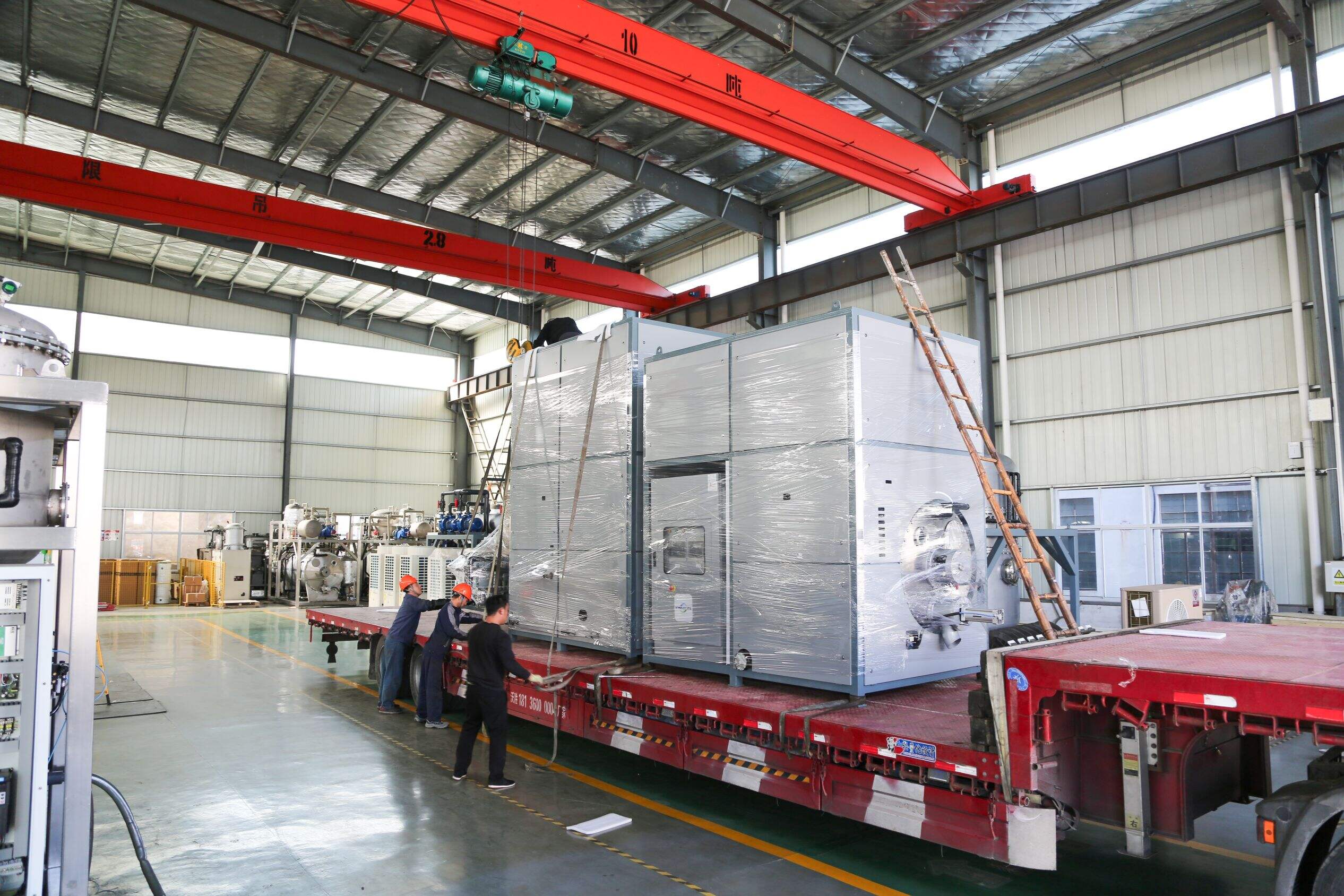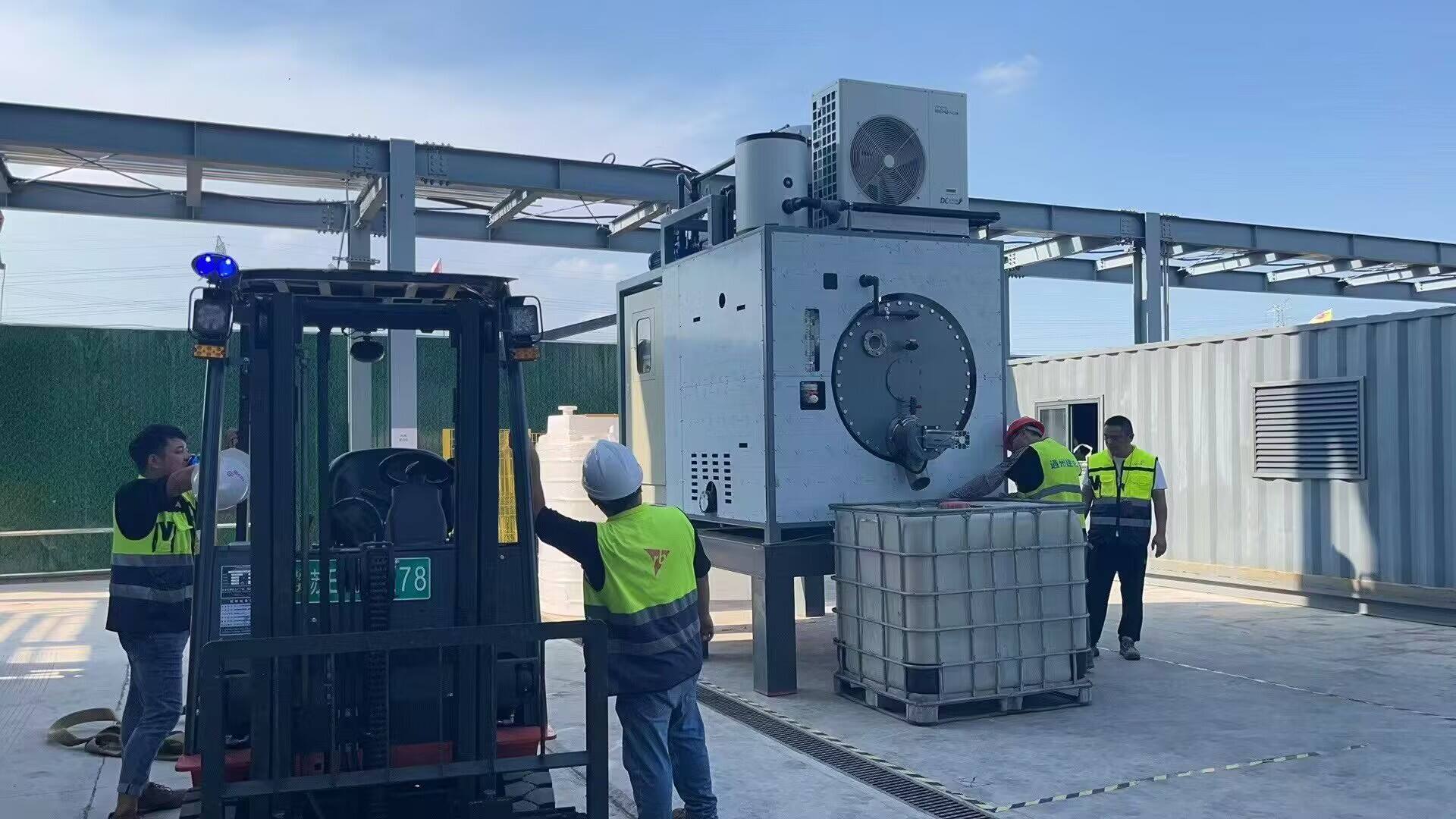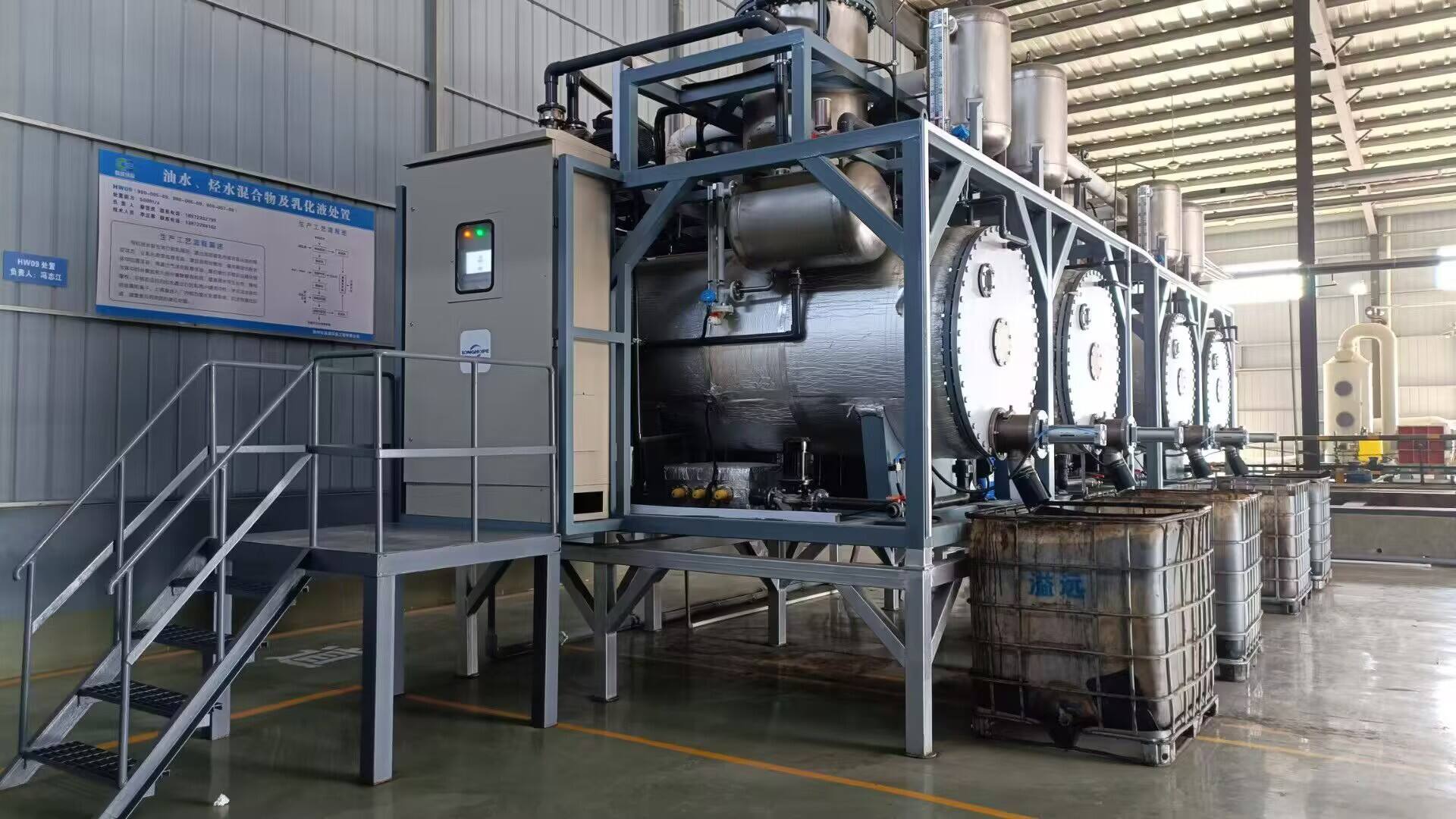water and wastewater treatment systems
Water and wastewater treatment systems represent critical infrastructure that ensures the safety and sustainability of our water resources. These sophisticated systems employ a combination of physical, chemical, and biological processes to remove contaminants from water and wastewater, making it safe for consumption or environmental discharge. The primary functions include the removal of suspended solids, biodegradable organics, pathogens, and nutrients through various stages of treatment. Modern systems incorporate advanced technologies such as membrane filtration, UV disinfection, and automated control systems to achieve optimal performance. These systems are designed to handle varying flow rates and contamination levels, making them suitable for municipal, industrial, and commercial applications. The treatment process typically begins with preliminary screening and primary settling, followed by secondary biological treatment and tertiary advanced treatment methods. Real-time monitoring and smart control systems ensure consistent water quality while optimizing energy consumption and operational efficiency. These systems are scalable and can be customized to meet specific requirements, whether for small communities or large metropolitan areas. The integration of sustainable practices and resource recovery mechanisms makes these systems environmentally responsible while meeting stringent regulatory standards.


